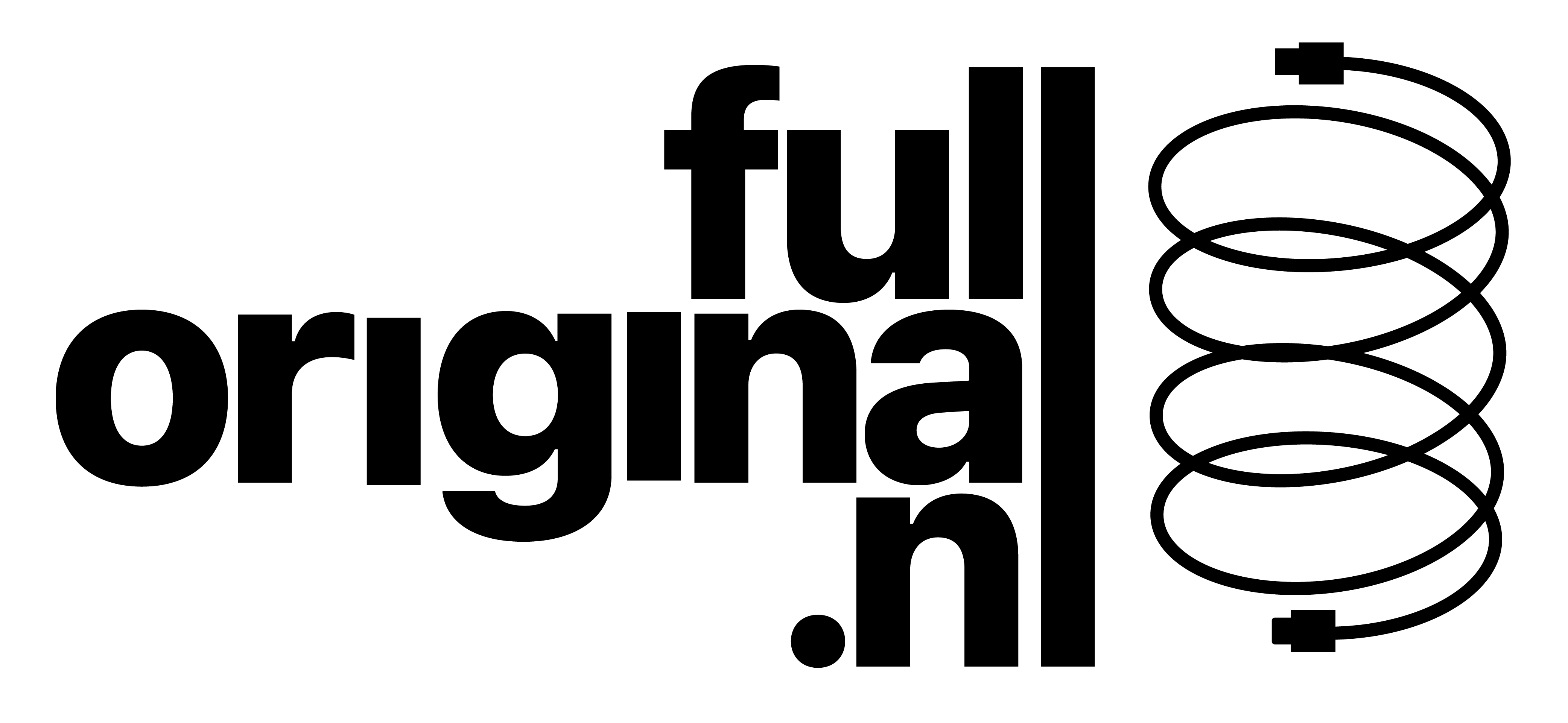- Certified phone accessories store
- 0616818330
- info@fulloriginal.nl
Signs of Substance Abuse Common Drug Abuse Symptoms and Effects
Huge Reels Ports, A real income Slot machine and 100 percent free Gamble Trial
November 14, 2023Casinoland Gambling establishment Evaluate With regard to Canadian Competitors
November 15, 2023Fears about addiction should not prevent you from using narcotics to relieve your pain, but it’s smart to use caution. Your brain is wired to https://ecosoberhouse.com/article/relation-between-alcohol-and-dementia/ make you want to repeat experiences that make you feel good. Not when it causes financial, emotional, and other problems for you or your loved ones.
Other life-changing complications
Independent of the addictive process, problems can also develop from the taking of any chemical substance. Addiction involves both the mind and the body—and every other facet of existence, because they all interact. There is no real distinction between physical addiction and psychological addiction. Substances of abuse affect the reward system of the brain, mediated by the neurotransmitter dopamine. The physical changes to the pleasure-experiencing centers of the brain induce physical changes to the prefrontal cortex, weakening the capacity for decision-making and impulse control. • Developing the unpleasant physiologic symptoms of withdrawal—shakiness, sweating, queasiness or vomiting, headache—when unable to take the substance.
Drug Addiction Treatment Options
- He also was the statewide incident management program manager for the VA Department of Transportation.
- Drug abuse, including alcohol and prescription drugs, can induce symptomatology which resembles mental illness.
- Remember, it’s common for people to develop a tolerance to pain medication and to need higher doses to get the same level of pain relief.
- Representatives are available to take your call, answer your questions about addiction and treatment and guide you toward a program that meets your needs.
- Children younger than age 5 (especially age 6 months to 3 years) tend to place everything they find into their mouth.
If the signs and symptoms above remind you of yourself or they sound like the behaviors of a close friend or family member, it’s time to get help. Developing a physical tolerance to a drug, withdrawing from a drug or using a drug compulsively without considering the harmful consequences may signal the development of addiction. SUD is a health condition that leads to a strong desire to use a substance even though it may have adverse effects on a person’s life.
- Substance use disorders can change the way people look, how they act and how they feel, and the symptoms of drug abuse can be physical, behavioral and psychological in nature.
- Some of the most common substances include alcohol, opioids and marijuana.
- Signs and symptoms of drug use or intoxication may vary, depending on the type of drug.
- They may feel they need to keep their drug or alcohol use a secret and may lie about their whereabouts or activities.
- Keep in mind that someone with an addiction will almost always understate the seriousness of their condition.
Public health definitions
It should not be used in place of the advice of your physician or other qualified healthcare provider. If you or your loved one are exhibiting signs of addiction but you don’t know where to turn, American Addiction Centers (AAC) can help. Our fully licensed team of medical providers and network of credentialed treatment facilities have helped thousands of people get back on their feet and lead a life in recovery. We offer best-in-class care for substance use disorder and co-occurring mental health disorders, treating the whole patient and setting them up for a lifetime of success. Drug abuse, including alcohol and prescription drugs, can induce symptomatology which resembles mental illness. This can occur both in the intoxicated state and also during withdrawal.
Products & Services
There is no known cause of substance signs of drug use use disorder, but several risks have been identified. A person may be more likely to develop a substance use disorder if one of several factors are present. Participating in self-help programs, like Narcotics Anonymous, can also play a significant role in SUD treatment. These programs support behavioral modification through self-help and peer support.
Submit a Nomination for the 2025 Addiction Treatment Leadership Awards
Drug use can have significant and damaging short-term and long-term effects. Taking some drugs can be particularly risky, especially if you take high doses or combine them with other drugs or alcohol. Physical addiction appears to occur when repeated use of a drug changes the way your brain feels pleasure. The addicting drug causes physical changes to some nerve cells (neurons) in your brain. Neurons use chemicals called neurotransmitters to communicate. The risk of addiction and how fast you become addicted varies by drug.
Substance abuse has many potential consequences, including overdose and death. Learn about the effects of drug addiction on the mind and body and treatment options that can help. Prescription drug abuse is the use of a prescription medicine in a way not intended by the prescriber. Prescription drug abuse, also called prescription drug misuse, includes everything from taking a friend’s prescription painkiller for your backache to snorting or injecting ground-up pills to get high. Prescription drug abuse may become ongoing and compulsive, despite the negative consequences. When you use opioids for pain for a long time, for example, you may develop tolerance and even physical dependence.

